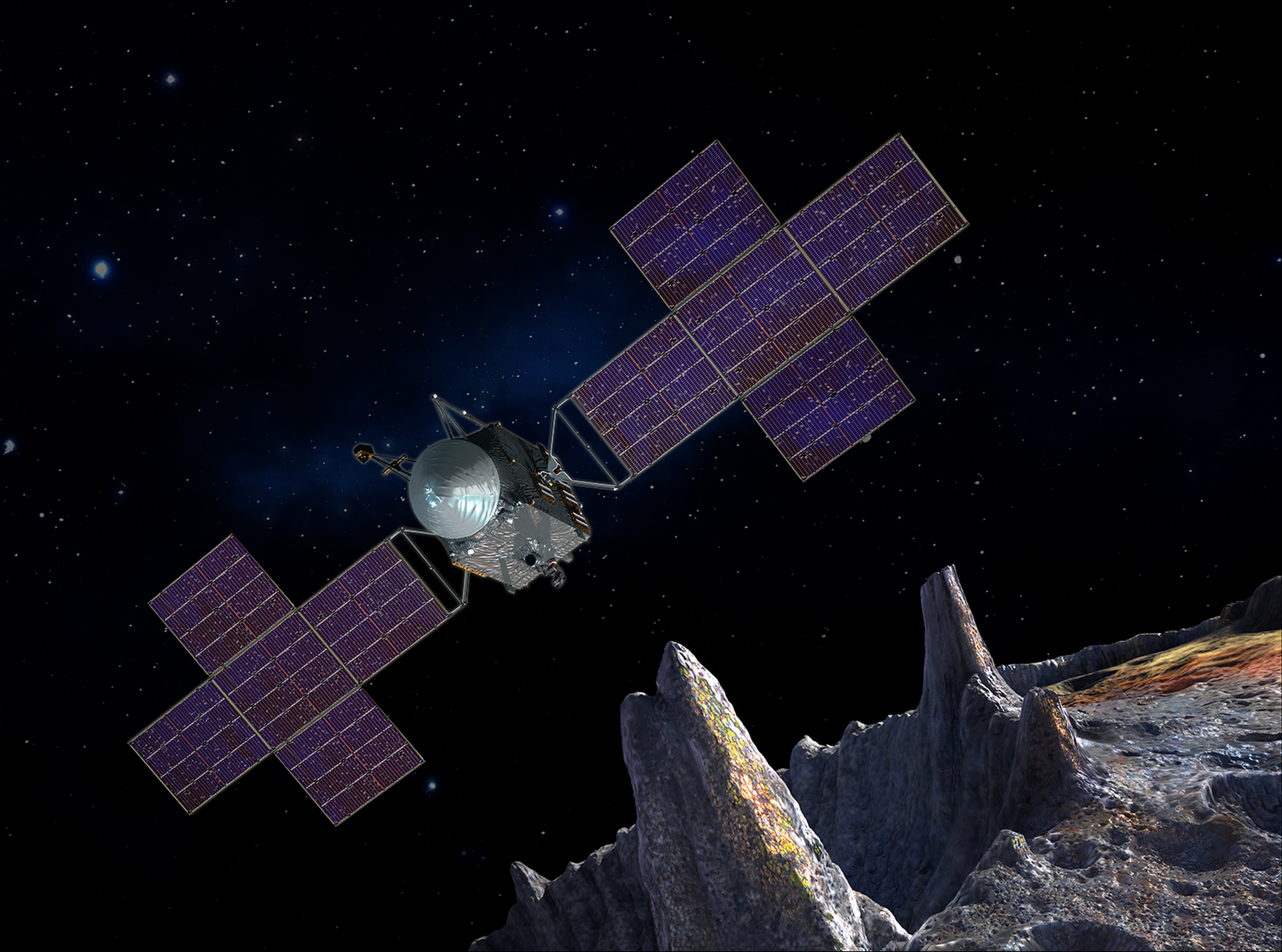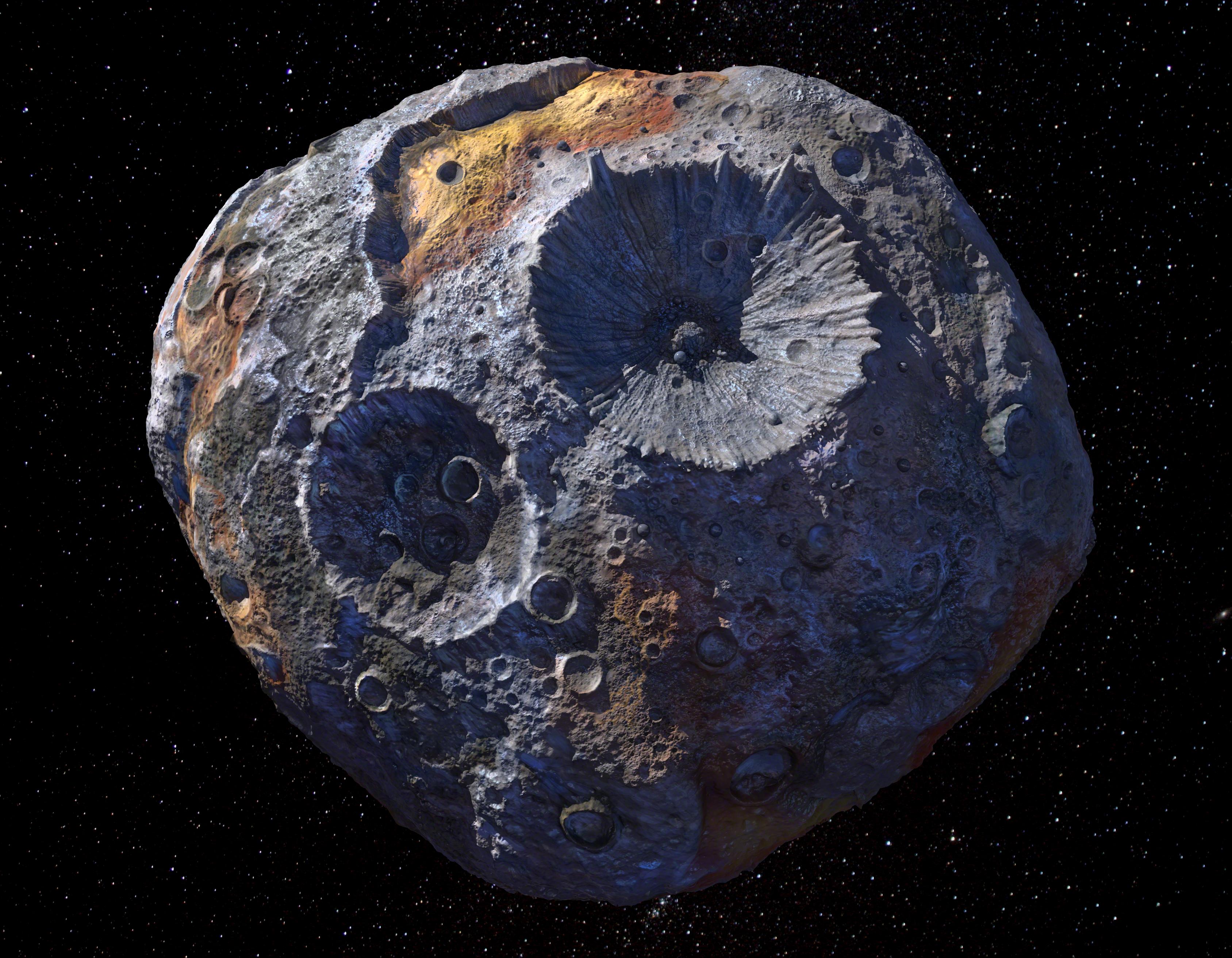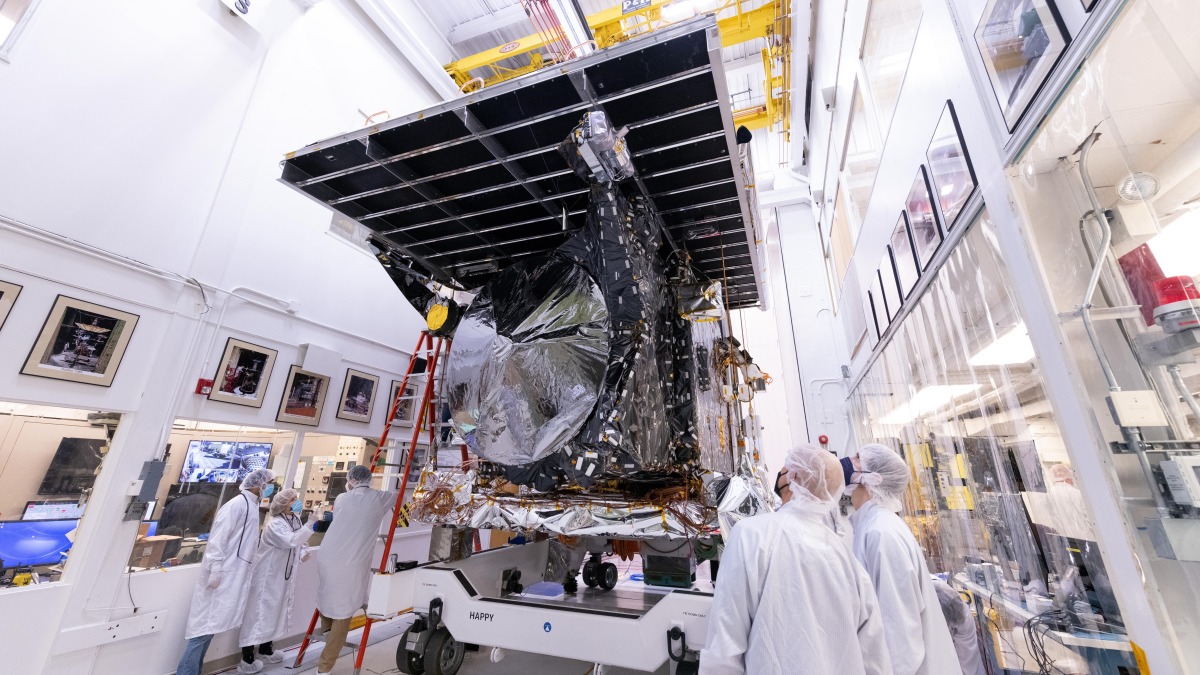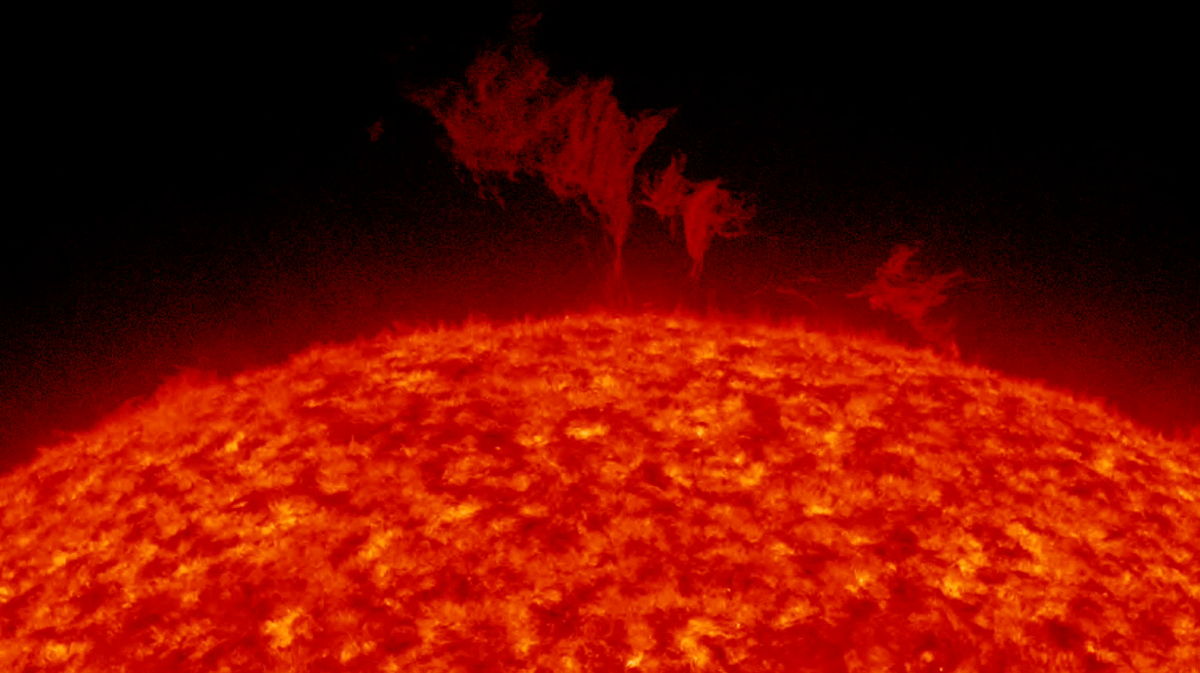NASA commissions independent review of delayed Psyche mission to metal asteroid
At best, Psyche will launch in July 2023, but that's in part contingent upon what a 15-member board reports on this September.

NASA commissioned an independent review Thursday (July 14) to look in detail at the issues delaying its Psyche mission well into 2023.
The Psyche spacecraft, which had been targeting launch this fall to the metal-rich asteroid of the same name, ran into a set of software issues so complex that in June, the spacecraft's launch was pushed to at least July 2023 amid overall uncertainty about the mission's future.
"The review will study factors of workforce environment, culture, communication, schedule, and both technical and programmatic risks," NASA wrote of the 15-person board, which will be chaired by Tom Young. (Other members were not disclosed.)
Related: The greatest asteroid missions of all time!
Young's past space-related positions include director of NASA's Goddard Space Flight Center, president and chief operating officer of Martin Marietta, and executive vice-president of Lockheed Martin. He also is experienced with U.S. space program advisory and review activities, a Congressional biography of his states.
The board is set to start its review on Tuesday (July 19) and report its results in September, NASA added.
In late June, NASA pledged to launch a "continuation-termination" independent review board to examine "all possible options for next steps, including the estimated costs for each of the various possibilities," Lori Glaze, director of NASA's planetary science division at the agency's headquarters in Washington, told reporters at the time.
Get the Space.com Newsletter
Breaking space news, the latest updates on rocket launches, skywatching events and more!

Those options could include cancelation of the mission, on which NASA has spent $717 million so far, but Glaze and other officials emphasized a final decision would be pending based on what the review finds.
"That assessment will be made looking at the whole range and the implications for Psyche, the Discovery program and for the planetary portfolio," Glaze said in June. (The Discovery program encompasses mid-size planetary science missions, including fellow asteroid mission Lucy.)
The NASA statement this week added that the independent review will not only inform the continuation/termination review, but said the results will provide agency officials "with actionable information to reduce risk for other missions."

Software issues were the main trouble holding up latter development of the Psyche mission, last envisioned to launch between Sept. 20 and Oct. 11 following a seven-week delay from a previous August launch opportunity.
The spacecraft is healthy, but in recent weeks officials were unable to verify the performance of its guidance, navigation and control (GNC) software due to unforeseen troubles and complexities with the testbed (replica flight system) for Psyche.
GNC is crucial not only to control the spacecraft's position, but also to make sure Psyche's antenna is pointed towards Earth to send data and receive commands, NASA said in a release about the decision in June.
When talking about the situation in June, Glaze emphasized NASA has made "no decision any way, one way or the other" about the future of the mission and that all information from the review would be considered.
"We'll discuss amongst the science mission directorate, and other stakeholders within NASA, to understand what all the implications are of different decisions before we make any decision going forward," she added.
Follow Elizabeth Howell on Twitter @howellspace. Follow us on Twitter @Spacedotcom and on Facebook.
Join our Space Forums to keep talking space on the latest missions, night sky and more! And if you have a news tip, correction or comment, let us know at: community@space.com.

Elizabeth Howell (she/her), Ph.D., was a staff writer in the spaceflight channel between 2022 and 2024 specializing in Canadian space news. She was contributing writer for Space.com for 10 years from 2012 to 2024. Elizabeth's reporting includes multiple exclusives with the White House, leading world coverage about a lost-and-found space tomato on the International Space Station, witnessing five human spaceflight launches on two continents, flying parabolic, working inside a spacesuit, and participating in a simulated Mars mission. Her latest book, "Why Am I Taller?" (ECW Press, 2022) is co-written with astronaut Dave Williams.









